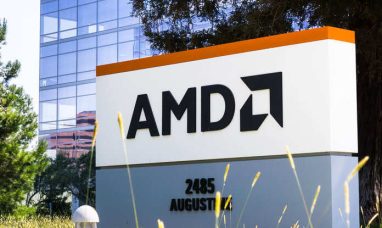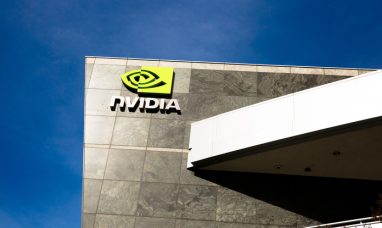A heated discussion took place in the parliament of South Korea on Friday about a proposed piece of legislation that would require international content providers such as Netflix (NFLX stock) and Alphabet’s (GOOGL stock) Google to pay South Korean network costs.
The discussions are analogous to those that are taking place in Europe, where a number of nations have requested that the European Commission draft legislation to ensure that large technology companies contribute financially to the expansion of the nation’s telecommunications infrastructure. This is in response to the rising popularity of video streaming and other forms of data consumption.
In South Korea, a number of different legislative proposals have been put up in the intention of coercing businesses into paying what proponents of the reform refer to as a fair price.
Even though the hearing is anticipated to come to a close late on Friday, many people believe that the idea has not yet reached a point where it is ready to forward to the subsequent stage of the legislative process.
Are GOOGL Stock and NFLX Stock Affected By the Decision?
“More than a third of all domestic traffic is accounted for by Google (GOOGL) and Netflix (NFLX) together… It is in the best interest of multinational corporations to conduct more proactive reviews of the issue “During the session, congressman Hong Suk-joon made the following statement.
Others, however, were of the opinion that this would be a bad idea since it would encourage large tech corporations to increase their prices, which would be detrimental to South Korean content producers.
According to the leader of the parliamentary committee that is in charge of monitoring the situation, Jung Chung-rae, “it threatens the collapse of local content providers while seeking to safeguard a tiny number of domestic internet service providers.”
According to activist organization Opennet, the video-sharing website YouTube, which is owned by Google, has led a campaign against the measure, and more than 259,824 individuals have signed a petition against the proposal.
If such laws were to be enacted, according to Google South Korea’s country director Kyoung Hoon Kim, “it will be required to carefully analyze the way the business is conducted.” Kim was speaking to MPs about what would occur if such legislation were to be enacted.
Liz Chung, a director at Netflix’s South Korean business, stated that her organization was looking into methods to better handle the increasing amount of traffic.
According to what Chung said, “We are creating a lot of technological solutions in order to utilize networks effectively and adapt properly to traffic growth.”
Big telecoms operators in Europe have voiced their support for a plan by regulators to make Google, Meta, and Netflix pay for a portion of the costs associated with the telecoms network. However, smaller telecoms operators have voiced their concern that the plan will distort the market for telecoms and harm competition.
The establishment and upkeep of the undersea cables and infrastructure that transport data from one location to another both require financial investment. According to the opinions of several experts, the ever-increasing demand for international video content has contributed to this cost increase.
Out of a total population of 51.6 million people in South Korea, there are 41.8 million active users of YouTube. According to the data source Mobile Index, they spent a combined total of 1.38 billion hours using YouTube in the month of September.
According to a research published in June by the Swedish company Ericsson (ERICb.ST), global mobile data traffic had reached 67 exabytes per month by the end of 2021 and was anticipated to reach 282 exabytes in 2027. Currently, video traffic accounts for around 69% of all traffic, but by 2027, that percentage is projected to have increased to 79%.
SK Broadband, a supplier of networks in South Korea, has filed a lawsuit in the hopes of compelling large technology companies to pay fees.
SK declined to comment.
Featured Image- Megapixl @ Twindesign















